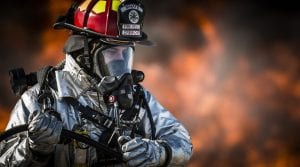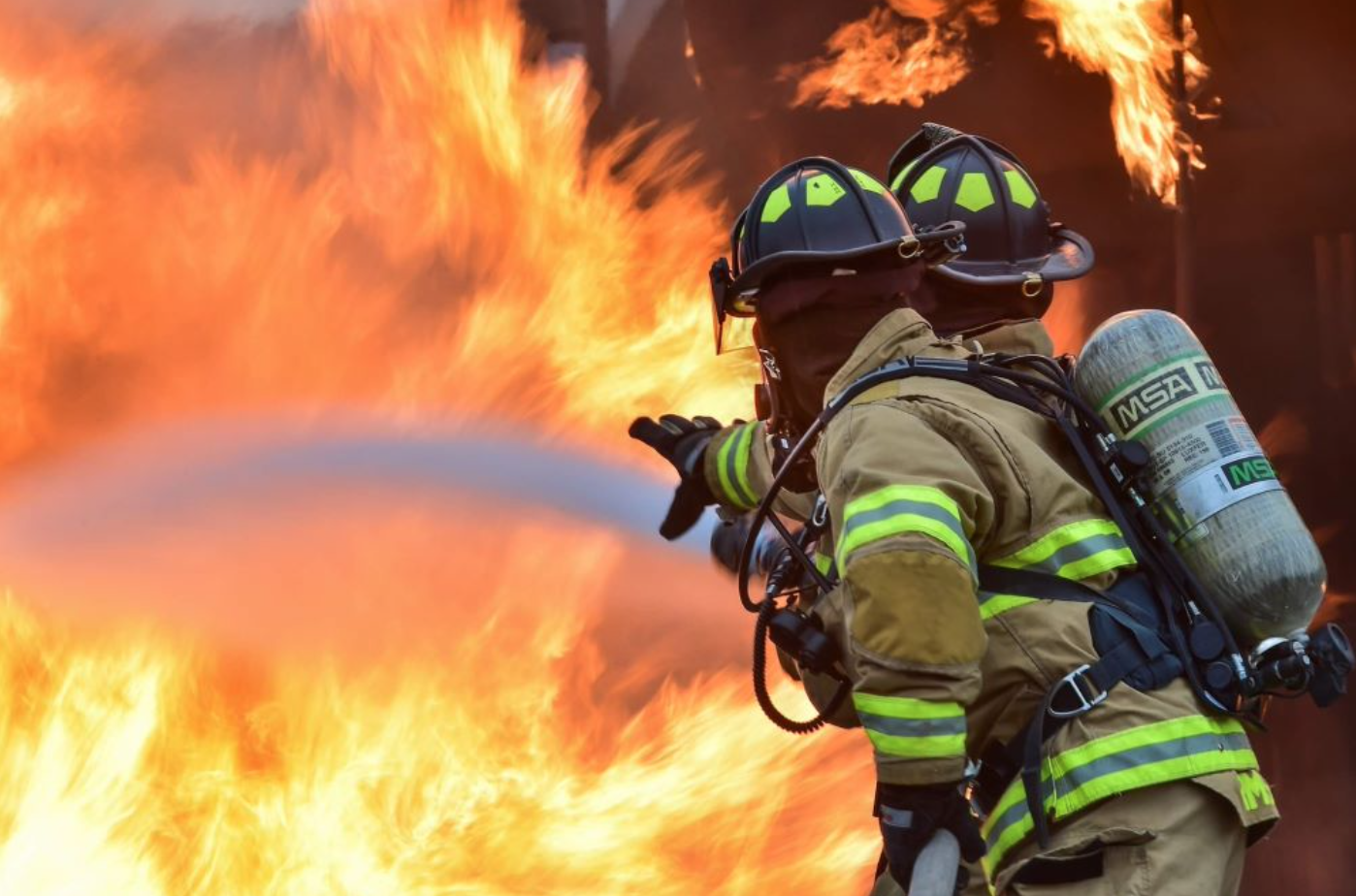Another tenant’s reckless or negligent actions can have a serious impact on your well-being and livelihood.
An apartment fire can be a catastrophic, traumatizing event. In the space of just a few minutes, you can lose valuable possessions, money, and even your living space to an out-of-control blaze. There is also a serious risk of injuries, from burns to smoke inhalation. If you’ve experienced such a situation, you may be wondering who is legally responsible for the damages caused.
In most cases, the person, group of people, or entity responsible for causing the blaze will be liable for any injuries or property damage caused in the incident. This means that the responsible party could feasibly be any of the following groups.
The Landlord, Property Owner, or Manager
Property owners, managers, and landlords are legally obligated to keep their premises maintained and reasonably safe for tenants, guests, and other parties (such as contractors). If a property owner or manager is made aware of a dangerous condition, they must act immediately to address it. When a tenant reports a potential hazard or threat, their report should be taken seriously and acted upon as quickly as possible. A landlord or other regulating entity may be responsible for a fire that occurs due to:
- A lack of fire extinguishers
- A lack of accessible fire exits that adequately serve each building
- Failure to install, maintain, or replace fire sprinklers, alarms, smoke detectors, or carbon monoxide detectors
- Failure to abide by building and fire codes
- Unsafe or unmaintained boilers or furnaces
- Failure to maintain appliances
- Failure to repair gas lines or electrical wires
Another Tenant in the Apartment Complex
In an apartment complex with other tenants, situations sometimes arise where you are at the mercy of a neighbor’s actions. Usually, the consequences of such a situation are minor, such as someone taking your assigned parking spot in the community garage. However, another tenant’s reckless or negligent actions can have a serious impact on your well-being and livelihood. If another resident at your apartment complex fails to exercise sensible fire safety and the landlord is unaware of their behavior, the tenant may be held liable for any damages caused in a fire.
A tenant may be liable for causing a fire due to:
- Lint buildup in a dryer
- An unattended, lit candle
- An unattended stove or cooking appliance
- Unsafe cooking practices
- Plugging an unsafe number of appliances into an electrical outlet
- A hazard that the tenant was aware of but did not disclose to the landlord or another appropriate party
A Responsible Third Party
In some situations, someone other than a tenant or landlord may be responsible for an apartment fire. Some of the third parties that can cause an apartment blaze are:
- Electricians, if a faulty or improperly addressed electrical or wiring issue started a fire
- The contractor who originally built the apartment
- A subsequent contractor who performed dangerous or faulty repairs on the building
- A gas company, if a gas explosion started a building fire
- The manufacturer of furniture that does not meet safety standards
- The manufacturer of a defective fire sprinkler, smoke alarm, carbon monoxide detector, or smoke detector
- The manufacturer of a defective appliance that caused a fire
What Injuries Are Most Commonly Caused by a Fire?

The party responsible for the blaze may potentially be liable for the victim’s “physical and emotional pain and suffering,” as well as financial setbacks. With regards to a fire, this can include the following:
- Burn injuries: A fire can cause burn injuries of varying severity, depending on the victim’s proximity to the blaze. The severity of a burn is assessed on a four-point scale, with fourth-degree burns being the most serious. When a victim suffers a fourth-degree burn, the damage penetrates beyond the skin to the underlying muscles and bones, meaning that plastic surgery or amputation may be required to prevent infections. Even an uncomplicated, moderate burn can be extremely costly to treat.
- Respiratory injuries: A fire can cause several types of respiratory injuries. Oxygen deprivation occurs when all the oxygen in a space is consumed by the fire, leaving behind toxic gases like carbon dioxide. Inhaling these gases can burn a victim’s airways, leading to permanent breathing troubles even if they escape the scene. The inhalation of smoke and toxic fumes is so dangerous that it is actually the leading cause of death in residential fires.
- Fatal injuries: Apartment fires can easily kill a resident, guest, or worker. If the victim is unable to escape the burning room or building, they may suffer fatal burns or perish from smoke inhalation.
What to Do During an Apartment Fire
If there is a fire in your building or apartment, the following steps may help you and your loved ones get to safety.
- Plan for an emergency: If you prepare for a fire or other evacuation-worthy event ahead of time, you’ll be ready when an emergency occurs. You should take note of all exit routes from your building, know where fire extinguishers are located, and count the doors between you and the nearest exit. In a fire, you may be disoriented by smoke, heat, and flames, so knowing the distance you need to travel to the closest exit is crucial.
- If your fire alarm goes over, don’t wait to evacuate: In many cases, a fire alarm may go off due to a false alarm (e.g. someone burned food while cooking) or as a prank. However, you should always treat every alarm as though there is a real emergency and act accordingly. As you evacuate, be sure to grab your keys and check doorknobs for heat before opening them. If the doorknob is hot to the touch, there is most likely a blaze behind the door.
- Always use stairs during an evacuation: If the stairs are a safe and clear option, they should always be used over an elevator.
- Get down low if you encounter smoke: Accidentally inhaling smoke and toxic fumes can cause serious harm or death. To protect yourself, stay lower to the ground so it is easier to breathe and you inhale less fumes.
- Call 911: Once you’ve reached safety or determined that you are unable to leave your apartment, call 911. In a stressful situation, it’s easy to overlook this step and assume that someone else has already made the call, but it’s essential to make sure that the fire department is on the way. They will be able to effectively combat the blaze and help anyone still trapped in the burning building.


Join the conversation!